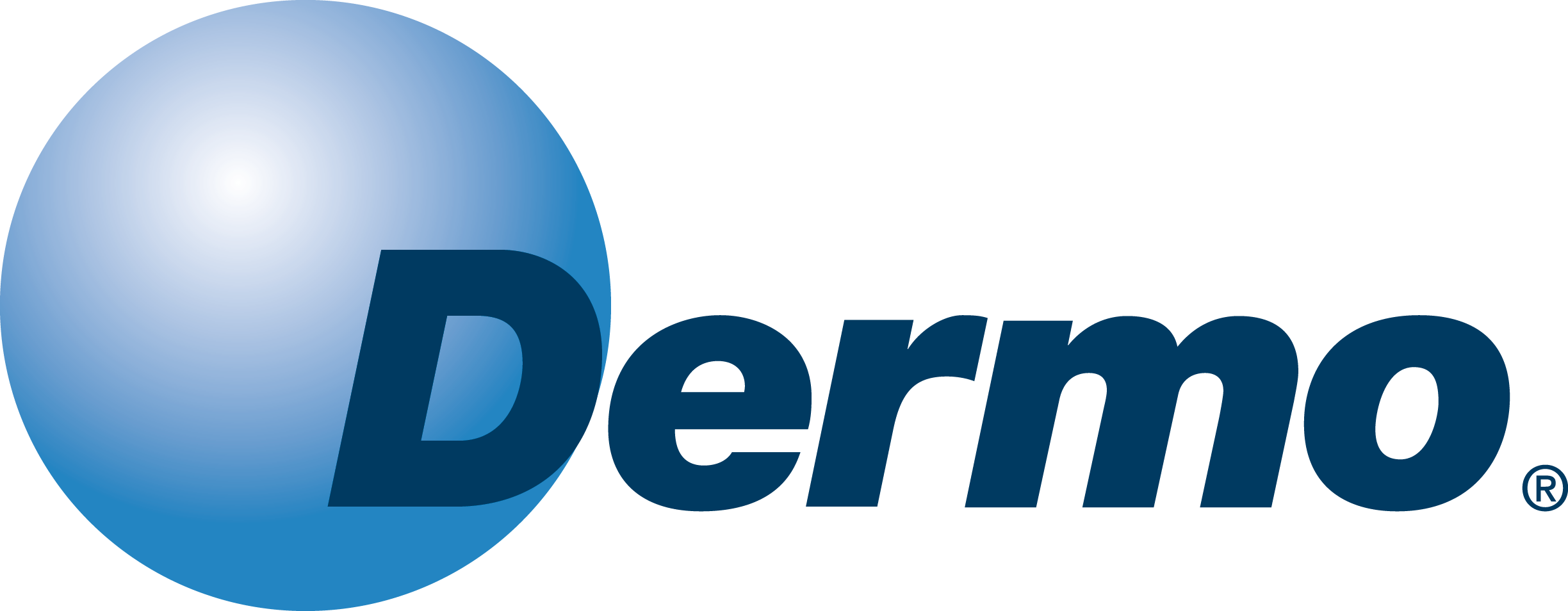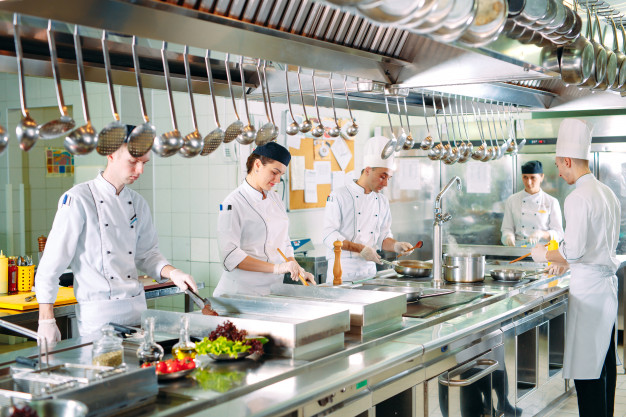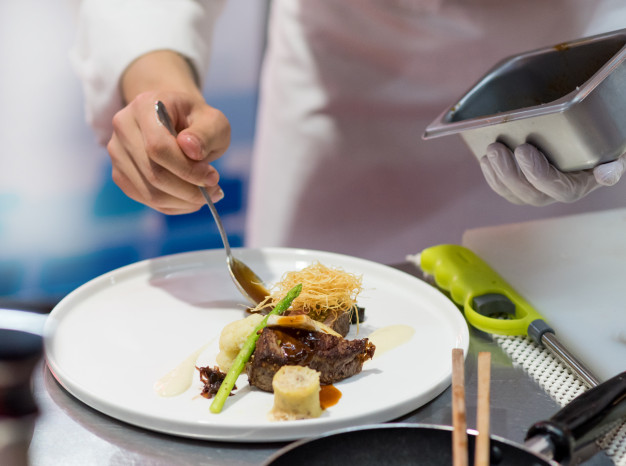In the food industry, cleaning is essential, because it is a place that always has to be disinfected to ensure safety and avoid any type of contamination. This is only possible if cleaning products prepared for this purpose, which must be specifically manufactured for food hygiene cleaning.
Food disinfection is based on destroying those microorganisms that are generated on surfaces using safe chemical agents, which have the HA registration. It is important to safely and thoroughly disinfect the facilities, machinery, materials and utensils that are used daily and that come into contact with food, etc. The European Regulation regulates the cleaning products suitable for Food Hygiene, to certify that they are products that meet the appropriate conditions and measures that must be present in each of the stages of production, storage, transportation, processing, conservation and domestic cooking of the food, to guarantee its healthiness.
Tips for cleaning and disinfection
- For cleaning tables, surfaces, walls and floors, HA-registered products should be used and rinsed with plenty of water and allowed to air dry.
- It is best to dismantle and wash kitchen appliances and fixed installations such as ovens, grills or deep fryers at least once a week and maintain safe and frequent cleaning on a daily basis.
- Cleaning cloths, brushes, rags and other tools must be disinfected frequently to avoid the risk of contamination.
- Each disinfectant has different specifications and a specific mode of use, it is important to respect the instructions of each one of the cleaning products.
- Cleaning may vary depending on whether the surface to be treated is organic or inorganic.
- Waste oils and fats that may be generated in the food sector should never be disposed of down drains or pipes, but should be handed over to a waste treatment company or placed in sealed bottles in their appropriate containers.
- It is best to use stainless steel work tables in this area and high-density polyethylene, Teflon or acrylic chopping boards, as these are the safest, easiest to clean and most hygienic materials.
What bacteria can cause food poisoning?
It is very important to be consistent in food hygiene to avoid cases of poisoning, which can seriously harm people's health. There are four main bacteria that can be avoided with food disinfection:
- Escherichia Coli; present in meats, fresh and raw products or non-potable waters
- Listeria monocytogenes; Present in fish and chicken, raw milk or soft cheeses
- Salmonella; Present in those derivatives in which raw eggs, raw poultry or unrefrigerated foods are used
- Staphylococus aureus; Present in pastry products, salads, protein foods or dairy products
To obtain cleaning products safe for food hygiene, we recommend our specific cleaning products, which are HA certified.


